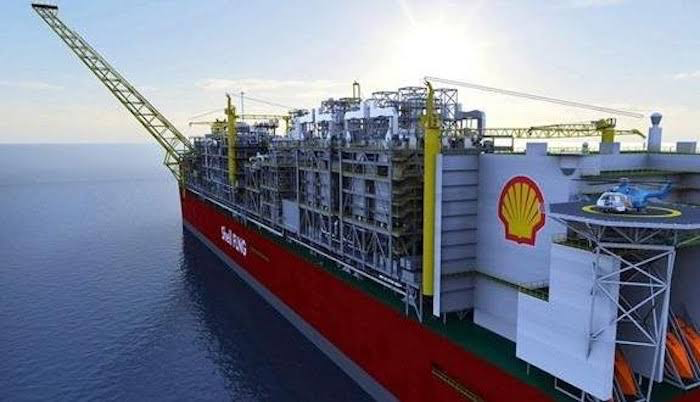Shell, one of the world’s largest energy companies, is close to finalizing the sale of its Nigerian onshore subsidiary, Shell Petroleum Development Company of Nigeria Limited (SPDC), to a local consortium for $2.4 billion. The deal, which was announced in January, is subject to government approvals and other conditions and is expected to be completed as soon as possible.
The sale of SPDC is part of Shell’s strategy to simplify its portfolio and focus on its deepwater and integrated gas businesses in Nigeria, where it sees a bright future and a positive investment outlook. Shell has been operating in Nigeria for over six decades but has faced security, environmental and legal challenges in its onshore operations, which have been targeted by militants, oil thieves, and community protests.
SPDC is the operator of a joint venture that holds 15 oil mining leases for petroleum operations onshore and in shallow water in Nigeria. The joint venture partners are the government-owned Nigerian National Petroleum Corporation (55%), Total Exploration and Production Nigeria Ltd (10%), and Nigeria Agip Oil Company Ltd (5%).
The buyer of SPDC is Renaissance, a consortium of five companies comprising four exploration and production companies based in Nigeria and an international energy group. The consortium has pledged to preserve the full range of SPDC’s operating capabilities, including the technical expertise, management systems, and processes that SPDC implements on behalf of the joint venture. SPDC’s staff will continue to be employed by the company as it transitions to new ownership.
Shell will also retain a role in supporting the management of SPDC JV facilities that supply a major portion of the feed gas to Nigeria LNG (NLNG), the country’s flagship gas project that exports liquefied natural gas to global markets. Shell is a major shareholder and technical partner of NLNG, which has contributed to Nigeria’s economic development and reduced gas flaring in the Niger Delta.
The sale of SPDC is seen as a significant moment for Shell and Nigeria, as it marks the end of an era for the company and the beginning of a new chapter for the consortium. It also reflects the growing role of indigenous companies in Nigeria’s oil and gas sector, which has been encouraged by the government’s policies and incentives to increase local participation and ownership.
The deal is also expected to have a positive impact on the environment and the communities in the Niger Delta, as the consortium has committed to operate SPDC responsibly and sustainably, in line with international standards and best practices. The consortium has also expressed its intention to invest in social and economic development projects in the region, in collaboration with the government and other stakeholders.
The sale of SPDC is not the first of its kind in Nigeria, as several international oil companies have divested from their onshore and shallow water assets in recent years, citing similar challenges and strategic reasons. However, it is one of the largest and most complex transactions in the history of Nigeria’s oil and gas industry, and it could set a precedent for future deals and partnerships.
As Shell prepares to exit its onshore subsidiary, it remains a major investor and partner in Nigeria’s energy sector, with a long-term commitment and vision to support the country’s growing energy needs and export ambitions. Shell hopes to complete the sale of SPDC as soon as possible and to continue its collaboration with the government, the consortium, and other stakeholders to ensure a smooth and successful transition.
Source: Business Day



